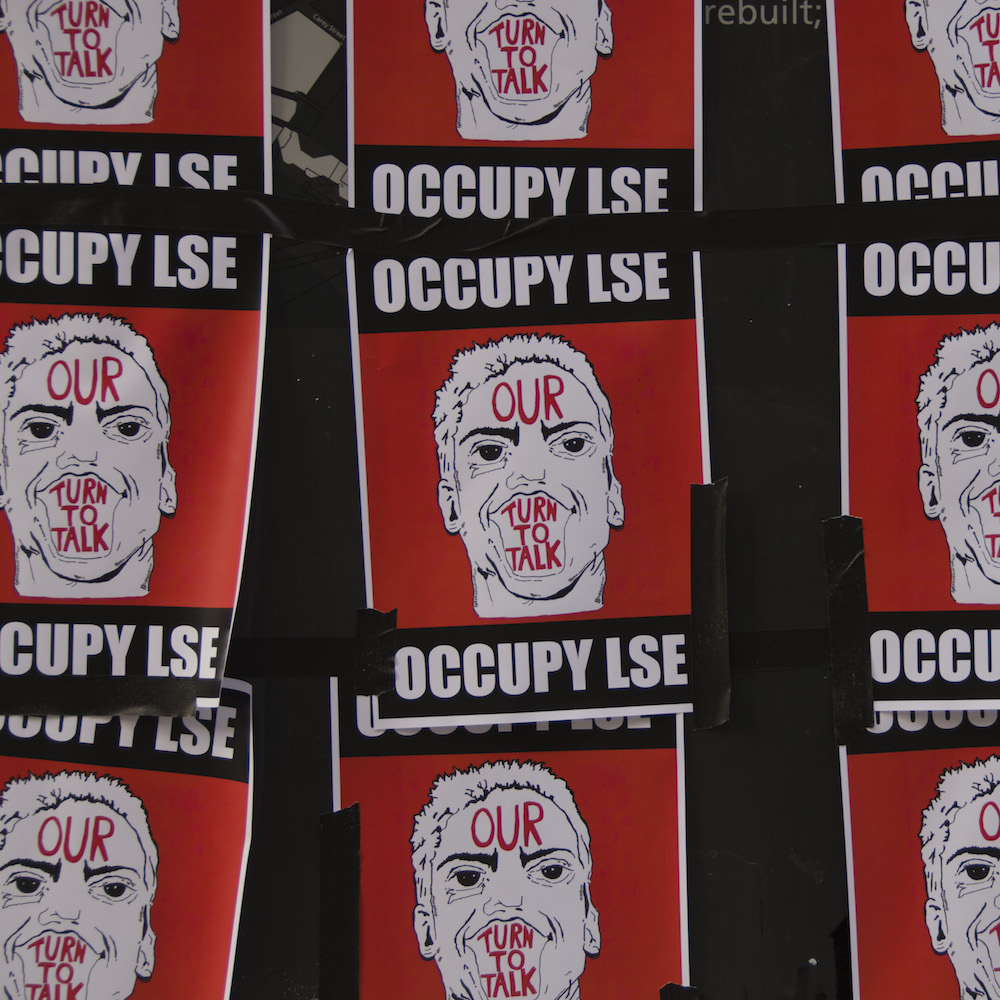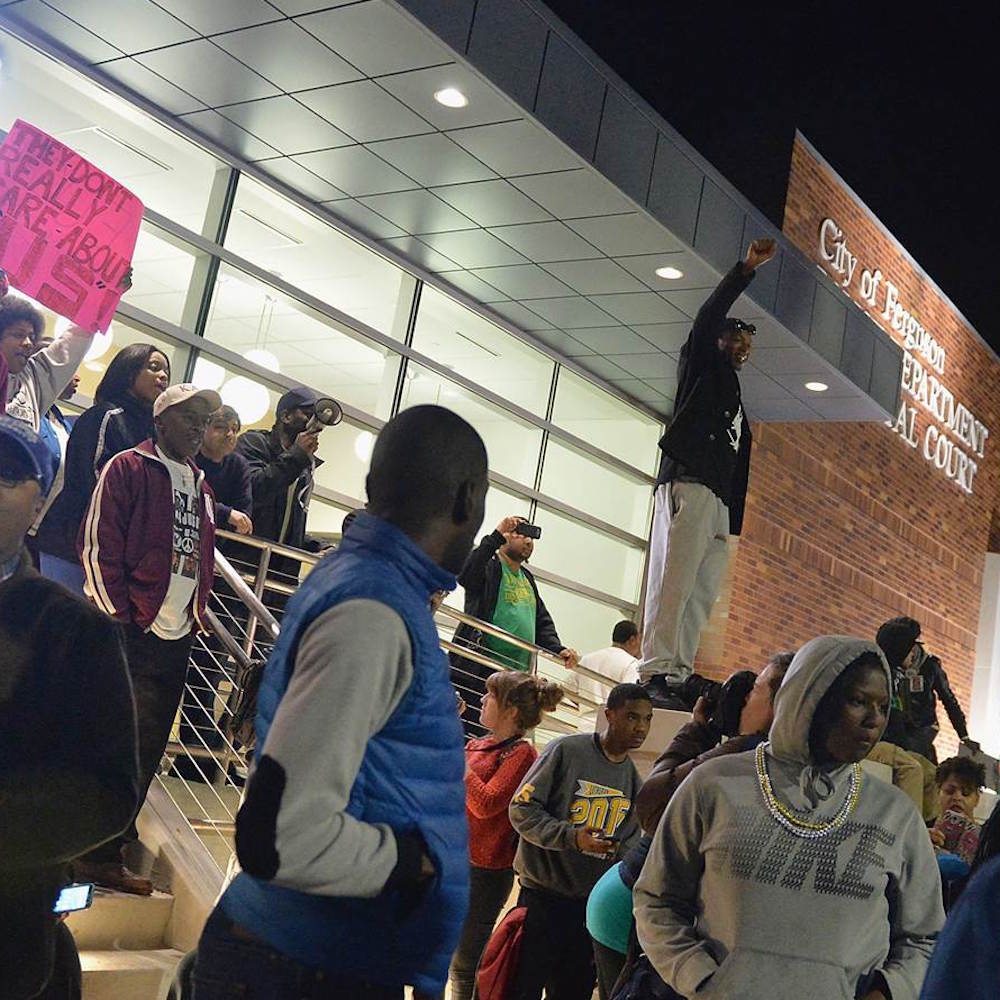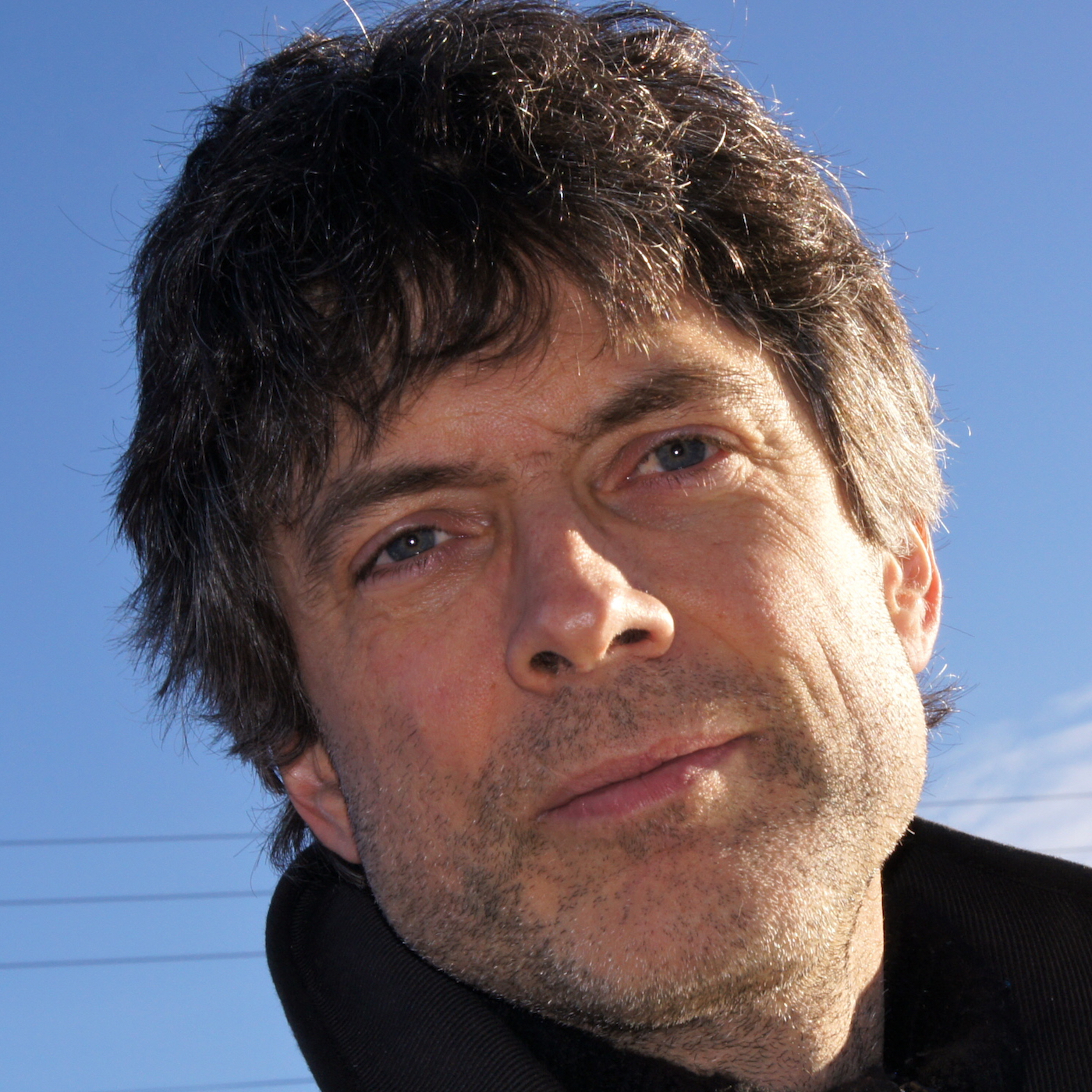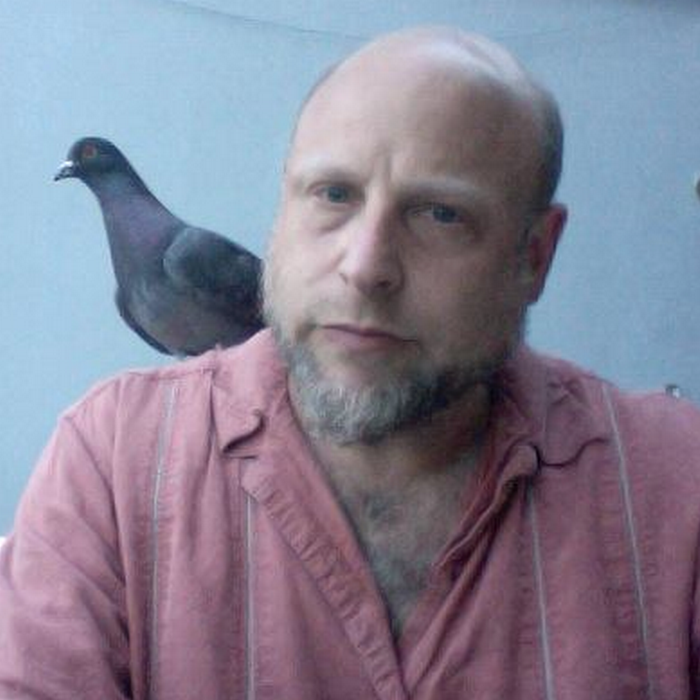Economics Decree

Occupy London School of Economics and the radical fight to reclaim the true value of education.
Occupy London School of Economics’ Manny Allamani talks about his group’s resistance against the marketization of public education, why universities have forgotten their true value, and the Occupy movement’s legacy on the goals and actions of a new generation of activists.
OccupyLSE has published statements, news and a list of demands of the university at their Tumblr.

Covering the ordinary people and economic struggles after the cameras left Ferguson.
Writer Sarah Kendzior profiles the economic struggles ahead for the activists behind Ferguson’s protest movement, and explains how conflicting narratives about the story mirror persistent racial and class divisions.
Sarah profiles the lives and work of activists in her article Ferguson, Inc. for Politico.

Corruption and complicity fuel the violent, post-coup collapse of Honduran security.
Researcher Sarah Kinosian explains how political instability, institutionalized corruption, the drug war and American immigration policies created a violent new reality in Honduras, and why unaccountable aid money and increasing militarization make the problem worse.
Sarah is co-author (with Lisa Haugaard) of Honduras: A Government Failing to Protect Its People, a joint report for the Center for International Policy and Latin America Working Group.

Less work, less stuff, more time: Why we could all be working 15 hours a week.
In his latest View from the Agile Left, David Skalinder explains why it’s obvious that we should be working less hours, what John Maynard Keynes got wrong about the future, and why 15 – 20 hours of work a week seems about right, for hunter-gatherers and ruthless capitalists alike.

Bad news doesn't stop global warming, we need a new psychology of climate action.
Psychologist Per Espen Stoknes analyzes the mental barriers to accepting (and actually doing something about) climate change, explains why fear and guilt can’t motivate action, and proposes a new narrative built on progress, cooperation and rewilding.
Per Espen is author of the new book What We Think About When We Try Not To Think About Global Warming: Toward a New Psychology of Climate Action.

TedxVictims: Reviewing Monica Lewinsky's talk on power, nude pictures and anarchy.
Jeff Dorchen watches Monica Lewinsky’s TED Talk with Rush Limbaugh, the ghosts of standup comedy, the poor, the rich, the bullied, the sex-havers and the decent.





